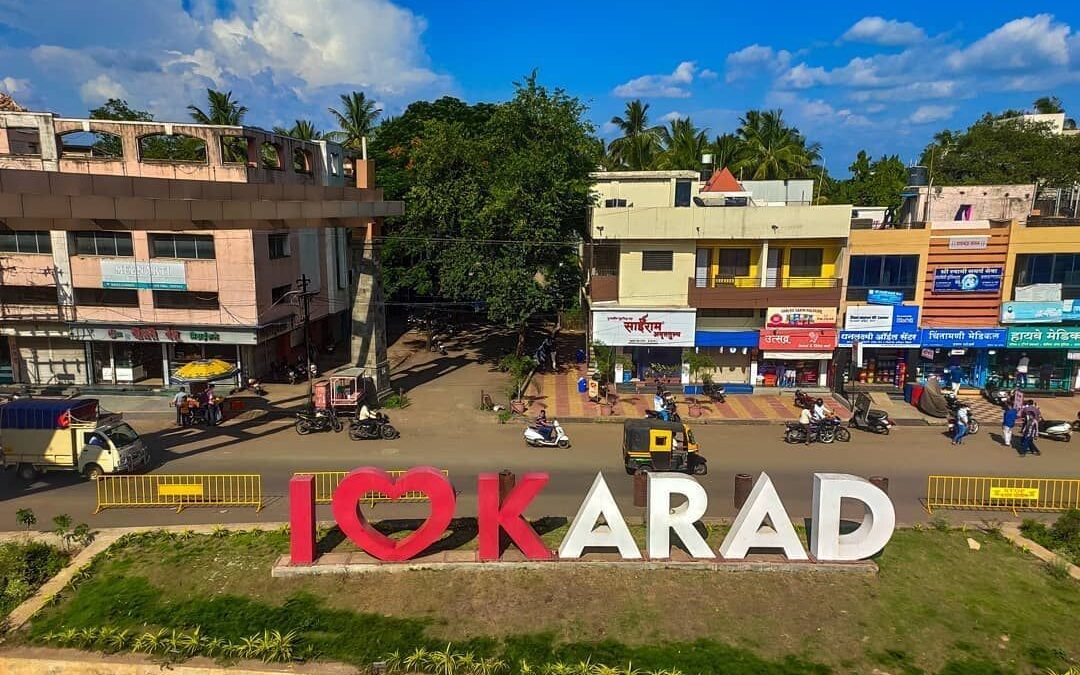Karad Sets Sanitary Waste Management Benchmark With 100% Disposal
Karad becomes India’s model city for sanitary waste management with 100 percent segregation, collection and eco-safe disposal.
Karad, a city in Maharashtra’s Satara district, has emerged as a national leader in sanitary waste management, achieving 100 percent segregation, collection and disposal of sanitary and biomedical waste — a rare feat in India where improper waste handling remains a widespread challenge.
According to an official release from the Ministry of Information and Broadcasting, Karad processes 300 to 350 kg of sanitary waste daily, collected from hospitals, clinics, schools, and households.
The initiative, led by the Karad Municipal Council, has significantly reduced environmental pollution, health risks, and the stigma associated with menstrual and hygiene waste.
Community Engagement and Education Drive Success
The city’s success is built on community participation, targeted awareness campaigns and robust infrastructure.
Authorities have actively engaged women’s groups to drive educational outreach, breaking taboos around sanitary waste and encouraging hygienic disposal practices.
Red bins have been installed in public toilets for dedicated sanitary waste collection, while schools have been equipped with pad vending machines and incinerators.
“Involving local women and educational institutions has been crucial in normalizing conversations around sanitary waste and ensuring responsible disposal,” the statement said.
KMC’s garbage collection vehicles now carry separate compartments for sanitary waste. Sanitation workers collect and sort the trash, which is then incinerated at a centralized facility run by the Karad Hospital Association.
High-Tech Treatment and Public-Private Partnership
The facility, a product of a public-private partnership, can process up to 600 kg of waste per day using high-temperature incineration, reaching up to 1200 degrees Celsius, to neutralize potential contaminants.
Real-time emission monitoring is linked to the State Pollution Control Board to ensure regulatory compliance.
The plant was constructed on land provided by KMC and is operated and maintained by the hospital association. The municipal body bears only the cost of collection and transportation, significantly reducing its financial burden.
Karad’s model demonstrates the viability of public-private partnerships in tackling complex waste management issues in smaller cities.
By eliminating open dumping and promoting systematic processing, the initiative has enhanced public health safeguards and reduced exposure risks for sanitation workers.
Karad’s approach will be a replicable model for other municipalities grappling with sanitary and biomedical waste challenges.
Also Read:
India Unveils 1st Indigenous Automated Biomedical Waste Treatment Plant

